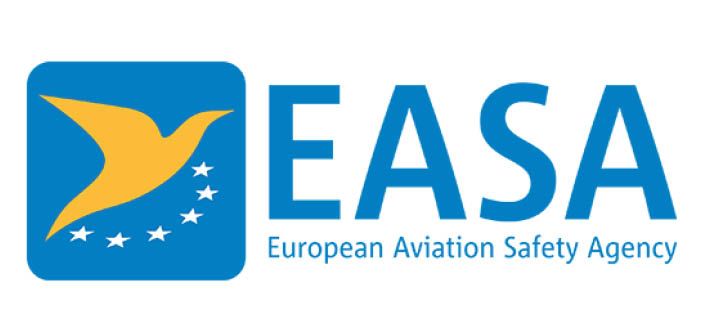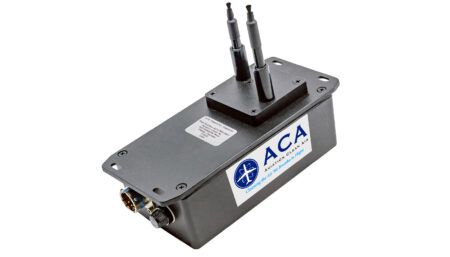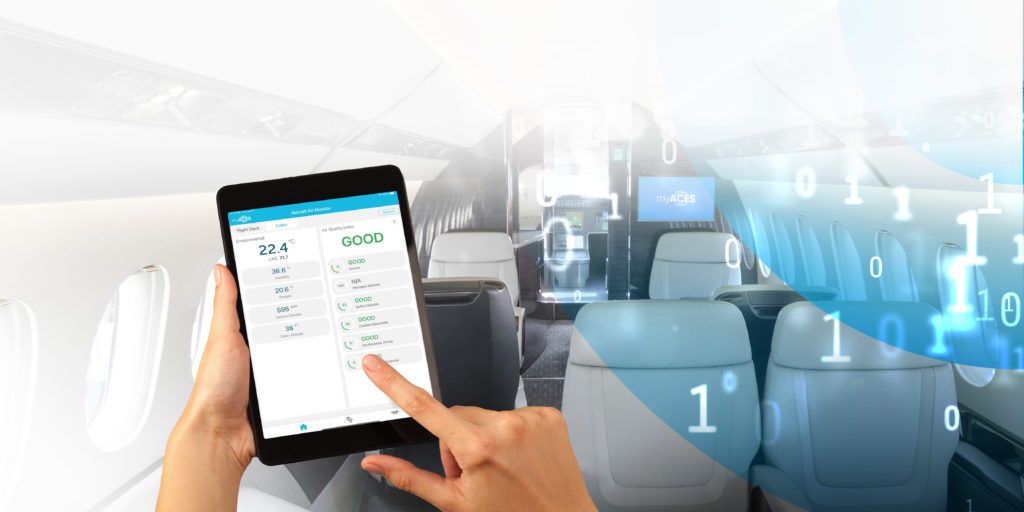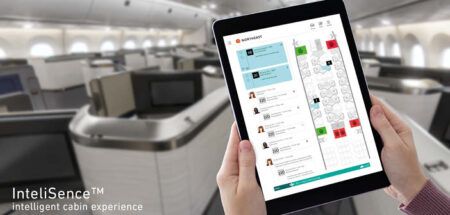The results of two studies commissioned by EASA regarding the quality of cabin air on large commercial air transport aircraft have been published.
The first study, the cabin air quality (CAQ) measurement campaign, was conducted by a consortium of the Fraunhofer Institute for Toxicology and Experimental Medicine and the Hannover Medical School, both of Hannover, Germany.
Measurements were taken in the cockpit and cabin on 69 commercial flights – a mix of eight types of aircraft/engine configurations – between July 2015 and June 2016. Of these, 61 of the flights were on aircraft with engine bleed air systems, and eight were on Boeing 787 aircraft, a type that uses electrical compressors for a ‘bleed free’ system. Special attention was given to organophosphates including Tri Cresyl Phosphates (TCP).
EASA said the results indicated air quality similar to or better than that of “normal indoor environments” – for example, offices, schools and dwellings – and that no occupational exposure limits and guidelines were exceeded.
The second study was conducted by a consortium of the Netherlands Organisation for Applied Scientific Research and the Dutch National Institute for Public Health and the Environment. It involved the characterization of the chemical composition of aviation turbine engine oils after pyrolysis, along with the toxic effects of the chemical compounds that can be released in the aircraft. New and used samples of two oil brands were analyzed.
The researchers concluded that neuroactive products are present, but that “their concentration in the presence of an intact lung barrier is too low to be a major concern for neuronal function”. TCP was found in the oils, but ortho-isomers were not detected. EASA added that analysis of the human sensitivity variability factor showed that the complete metabolic pathway and the contribution of inter individual variability in the metabolic enzymes is still largely unknown for the majority of industrial chemicals, including cabin air contaminants.
A further European Commission study is being conducted with technical support from EASA, taking the findings from these two studies into account.
March 28, 2017





